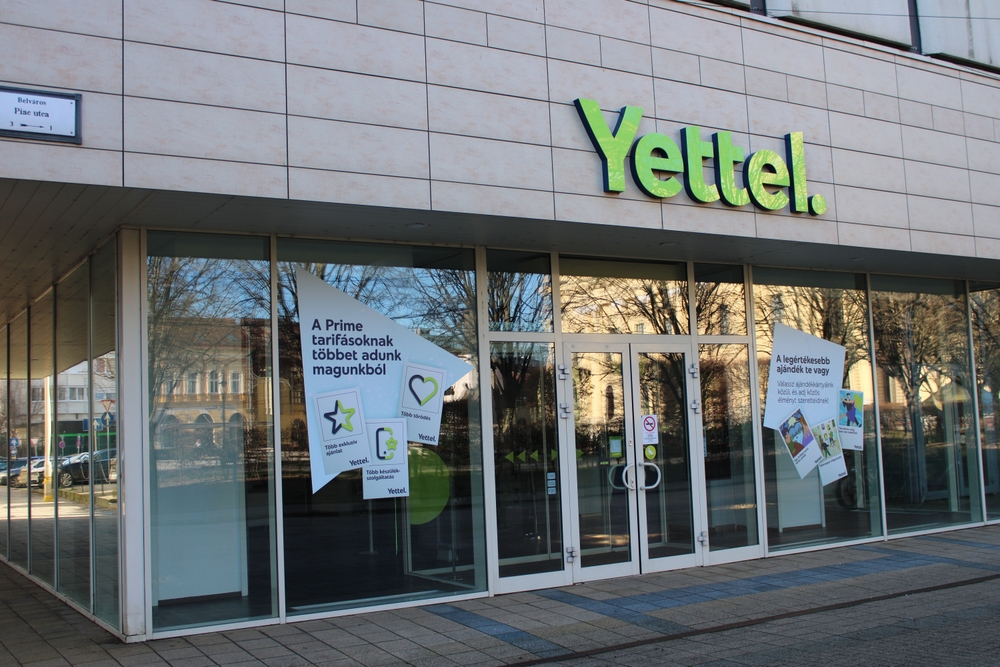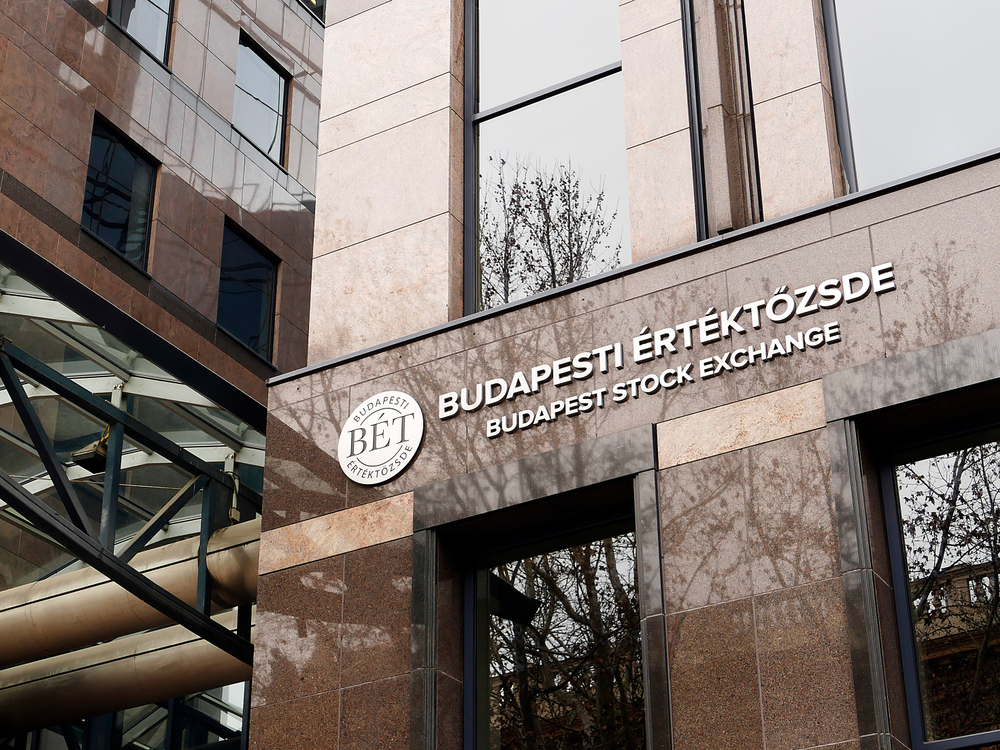Rising to the Infrastructure Challenge

Albert Kis
The frontline heroes of the coronavirus crisis, first and foremost the healthcare workers, have worked wonders in the past 15 months or so. While they have safeguarded our health, others, such as IT professionals, have kept our economy on life support and seen their status enhanced.
“The very first impact on us was that we had many customers asking for new connectivity and IT solution upgrades overnight,” recalls Invitech COO for Infrastructure and Carrier Services Albert Kis.
“The technicians and engineers were in a different situation from most people during the lockdown, supporting those who were self-isolating. My teams were not doing less but much more work and could not stay at home,” says the man who heads Invitech’s Infrastructure Business Unit (IBU).
“It was a difficult time, and also a brave time. We, not just my team but the whole industry, understood how important it was that we provide that connectivity for business and society so that life could move ahead.”
Kis talks about his colleagues’ “determination and pride” out in the field and the public response to that.
“We did not know if it would last one month or one year. Certainly, I did not think we would still be dealing with it now,” Kis says.
“I think our people felt a responsibility. The feedback we have from our customers is that they are really happy with how we processed their needs and helped them in this critical period. We are proud; this was the industry’s contribution to overcoming the pandemic.”
Kis, who describes himself as a telecom engineer by profession, has headed Invitech’s IBU since its creation in 2019, though he had been performing similar duties under a different structure since he rejoined the company in 2017.
He has more than 20 years of technical, operational and business development leadership experience and acquired international business unit expertise most recently in a similar position with Türk Telekom International from 2010-2016. From 1998-2010 he worked for Invitech’s predecessors in Hungary, Novacom, Pantel and then Invitel.
Responsibilities
The IBU is in charge of the development, management and operations of all communications infrastructure. It is also responsible for the wholesale relationship, selling services to other telecom service providers domestically and internationally.
While the former role is essentially a technical operation, the wholesale business is more commercial. “It is hard to make direct comparisons because one generates money and the other spends it,” Kis says with a laugh.
“From a people perspective, the majority are in the infrastructure part of the business, engineering teams and the like; a smaller part is involved with domestic wholesale, and just a handful in international wholesale.”
Kis says business is encouraging across the board, but there is sizable growth in data centers, a trend that started 10 years ago.
“We are operating altogether 4,000 sqm of data center facilities, including a pretty big data center area capable of holding 10,000 servers that we handed over in one of our facilities just two months ago. There is a lot of demand coming in that area.”
The COO says Invitech has a Tier 3 rating from the globally accepted certifying body Uptime Institute, which he describes as “the highest level and unique in the region.”
An important consideration here is the growth of environmental, social, and government (ESG) criteria. Elon Musk recently sparked a minor run on Bitcoin when he said his business would no longer use it because of the high power load required for “mining” the digital currency.
Invitech may not be into bitcoin mining, but its data centers do require a lot of resources.
Power Efficiency
“ESG is becoming more important for the whole world, but especially for data centers because of the big power consumption,” Kis points out. “We have a lot of servers; they require a lot of cooling and uninterrupted power supply; we are always looking for the best power efficiency,” he says.
“This is a metric that demands lots of attention; we need the lowest possible amount of wasted power. We believe we have one of the best power efficiency utilization rates for data centers in Hungary.”
Another focus area is fiber optics, where Kis says the expansion is “significant” and where Invitech with its 10,450 km fiber-optic network “has a special focus on connecting buildings, mobile towers and upgrading the backbone infrastructure.”
Does his role require an element of being a futurologist? Kis says not. A fiber-optic network, for example, will take a couple of years to build and has an asset life of at least 20-30 years, he says.
“With digital transformation, broadband requirements, 5G, machine-to-machine communication, it is a very clear direction that means the density of the fiber network will need to be increased. We do not have to be too clever here,” he laughs.
“We believe that with the fiber network, there is demand today, and there will be demand in the future. We only need to find the right priorities and the best possible way to deploy greater density.”
The switch to home office work required a sudden leap in bandwidth, something Invitech and other players proved they could handle. Is there a concern that the return to the office will now create an oversupply, or a diminution of the sector’s importance?
“I guess that companies have realized how important telecom and IT is to their business, as many survived only because of these services. What has changed significantly is the range of services we use, such as video conferencing,” Kis suggests.
“I believe these habits will not disappear; users are much greater believers in this technology than before. They no longer question whether it is a proper solution, and they will continue to use them, even in the office. And the digitization of the whole economy will also drive demand and use.”
This article was first published in the Budapest Business Journal print issue of June 18, 2021.
SUPPORT THE BUDAPEST BUSINESS JOURNAL
Producing journalism that is worthy of the name is a costly business. For 27 years, the publishers, editors and reporters of the Budapest Business Journal have striven to bring you business news that works, information that you can trust, that is factual, accurate and presented without fear or favor.
Newspaper organizations across the globe have struggled to find a business model that allows them to continue to excel, without compromising their ability to perform. Most recently, some have experimented with the idea of involving their most important stakeholders, their readers.
We would like to offer that same opportunity to our readers. We would like to invite you to help us deliver the quality business journalism you require. Hit our Support the BBJ button and you can choose the how much and how often you send us your contributions.









